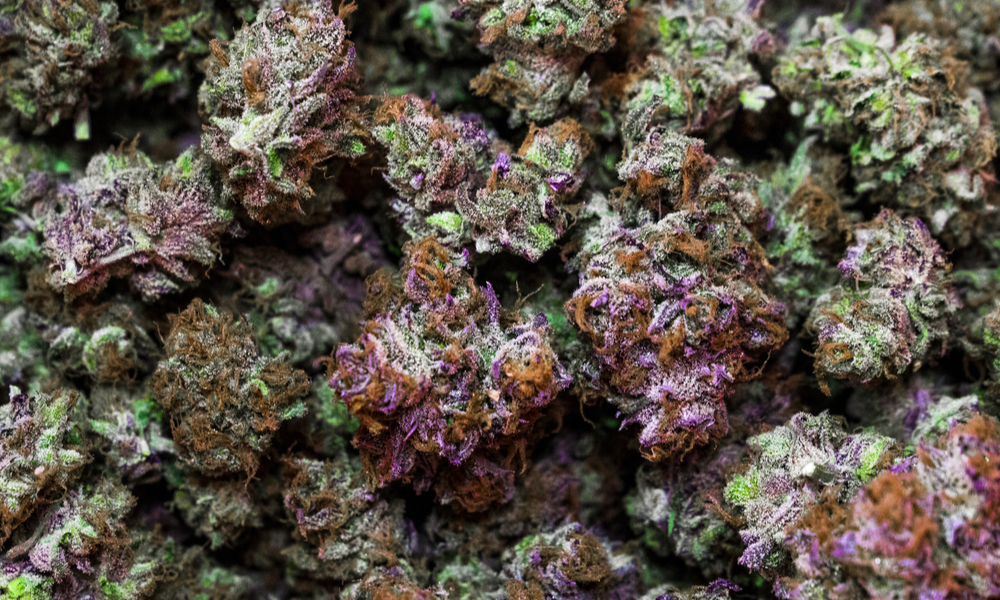Tetrahydrocannabivarin (THCV) is a cannabinoid compound discovered in marijuana and hemp plants. It's chemically similar to tetrahydrocannabinol (THC) however with some essential differences. Here's whatever you require to understand about THCV consisting of the risks, advantages, differences, and similarities with other forms of THC and more. What Is THCV? THCV is a less typical cannabinoid found in some strains of cannabis, specifically African sativa.
 What is THCV and what are the benefits of this cannabinoid? Leafly
What is THCV and what are the benefits of this cannabinoid? Leafly
 Tetrahydrocannabivarin (THCV) - Original FARM
Tetrahydrocannabivarin (THCV) - Original FARM
 The Therapeutic Value of THCV • truPhys
The Therapeutic Value of THCV • truPhys
THCV has a 3-carbon side chain instead of THC's 5-carbon side chain. This distinction is subtle, but it has a noticeable effect on the impact profile. THCV is rather psychoactive however just about and about. What Does THCV Feel Like? THCV has a strong energy-boosting part to it, that makes it particularly popular amongst trainees and professional athletes.
In the United States, THCV guideline is nuanced. THCV is not an Arrange I Drug, but marijuana extracts are making it rather uncertain what the federal position is on THCV. The 2018 Farm Bill specifies that hemp plants and all derivatives of the plants are legal on a federal level, numerous business abide by this law and still provide THCV to customers by only drawing out the substance from hemp plants.
If THCV is thought about a THC analog, it might be controlled in the future by the exact same rules as THC under the Federal Analog Act. This act specifies that any compound that shares a similar molecular profile as a known restricted substance it's included in the same drug Schedule classification.
What Are the Effects of THCV? Proponents of THCV report that it produces an intense burst of energy and makes them feel blissful without the psychological cloudiness triggered by THC. The results are super moderate compared to THC. The effects are nearly exclusively cognitive yet somehow have extremely little effect on headspace.
2. THCV & Appetite Some THCV users declare that it curbs their hunger. This is a common impact of other focus-enhancing compounds. It's as though THCV gets rid of the distraction of other bodily procedures (like cravings) in order to maintain resources and attention to cognitive tasks instead. How Does THCV Work? Cannabinoids produce biological results in the human body by interacting with endocannabinoid receptors.
CB1 receptors are situated in the nerve system and connect with neurotransmitters in the brain to produce mind-altering results. Interaction with CB1 websites is what provides some cannabinoids like THC their psychoactivity. THCV is a bit tricky to comprehend due to the fact that it's mostly a CB1 antagonist, indicating it has the opposite impact as THC.
While scientists are still seeking to comprehend this process, it appears THCV has the ability to block the impacts of CB1 in low dosages and promote them in high dosages. CB2 receptors are found mainly in the body immune system. THCV is a partial agonist of CB2, but the effects of this partial activity aren't widely known, and it apparently has no noticeable influence on THCV users' experience.
As pointed out in the previous section, THCV is a CB1 antagonist in low doses which is the specific opposite result of delta 8 and delta 9 THC. This could mean that THCV counteracts some of the psychoactive impacts of THC. This impact might explain why individuals who utilize THCV feel so clear-headed especially compared to the well-known "fogginess" caused by delta 9 THC.